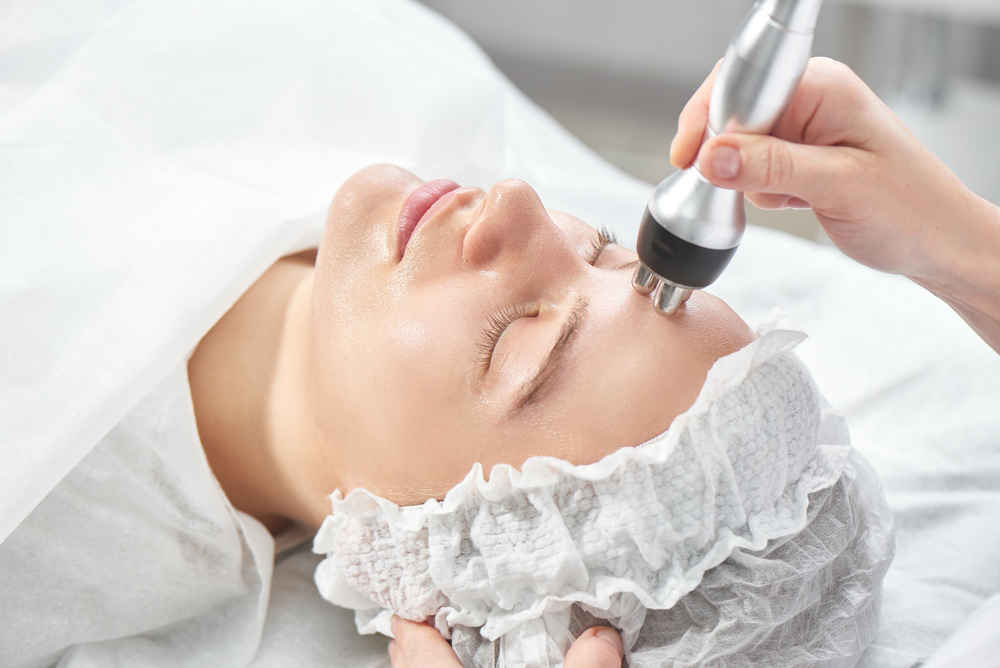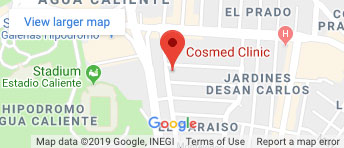Contributing author Dr. Alberto de la Fuente García, M.D

While concerns over the impact on health and the environment are driving more consumers to buy organic, is the choice to go green necessarily better?
Today, more and more consumers are choosing to buy organic making the trend to “go green” mainstream. While the health conscious individual may pay a premium for eco-friendly foods and products free of potentially harmful chemicals and pesticides, it may come to a surprise that in some cases, organic may not necessarily be better.What does organic really mean?
The expression “organic” was first coined by J.I. Rodale back in 1940 following his publication Organic Farming and Gardening. Until 1992, the Organic Certified Label applied largely to agriculture foods and practice. Today, it encompasses topical products in the health and beauty sector where consumers can now purchase skin, body, and hair products with the organic seal. But what does it REALLY mean when a product is labeled organic?Certified organic products are made with ingredients that are grown free of synthetic pesticides, hormones, herbicides and are not derived from genetically modified crops. They do not contain additives such as petroleum waxes, fillers and potentially harmful artificial chemicals.
To carry the certified organic label, the U.S. Department of Agriculture (USDA) set rigorous standards that require the manufacturer or farmer to document soil care and seed selection and monitor its ingredients and derivatives through packing, handling, and processing. Products which are labeled 100% organic do not contain ingredients grown with pesticides, hormones, synthetic fertilizers or synthetic products. Products that carry the label “Certified Organic” contain 95% or more organic ingredients while those containing 75%-94% organic ingredients may carry the label “made with organic ingredients”.
To confuse the matter more, products labeled as “natural” aren’t necessarily organic. Though the product may include ingredients found in nature such as aloe or vitamin E, it may also contain synthetic chemicals intended to act as preservatives or to improve its texture.The truth about organic topical products Natural and organic products often contain irritaing ingredients such as fragrances and essential oils that cause allergic reactions. Talk to your healthcare professional about which topical products are best for your skin type, especially if you have sensitive skin or an allergy history.
Did you know that coconut oil, a popular organic ingredient in both skin and hair care products, can cause acne in some individuals? Many natural and organic products contain fragrances and essential oils that can cause dermatitis. Commonly used essential oils like peppermint or rosemary or oil of bergamot, balsam of Peru are highly allergenic and could irritate and inflame the skin of sensitive individuals. Even chamomile, generally considered a gentle and soothing herb, can be highly anaphylactic in certain individuals sensitive to the Asteraceae/Compositae family of plants.
It is important to talk to your dermatologist to determine a beauty regimen tailored according to your skin type. If you’re unsure about your skin type, have a CosMed’s board certified dermatologist give you a free digital skin analysis.
Non-organic ingredients can be helpful too
Often, it is only the chemical ingredients, such as retinoids, that confer a desired benefit, and no analogous organic alternative exists. Dermatologists love retinoids! We’ll never give them up because of its usefulness in combating the signs of photoaging (wrinkling, collagen damage and elastin increase). Why should people who choose to be cautious and avoid non organic products miss out on beautiful skin?
It is important to guide patients in making decisions and explain the benefits of nonorganic products such as retinoids. A person using retinoids can supplement his or her skin regime with a natural or organic product, thereby enhancing exposure to beneficial ingredients while limiting the use of synthetic ingredients to only the ones needed.
To Buy or Not to Buy Organic: Choosing the right products for your skin type
Although some patients may express preferences regarding the selection among organic, natural, and conventional products, such considerations should be superseded by identifying a patient’s skin type and allergen history. For example, an organic body lotion containing whole soy oil could be suitable for a patient with non pigmented skin. But for a patient with pigmented skin, the same product could exacerbate the tendency to melasma and pigmentation. For such people, a nonorganic product is recommended. Patients with pigmented skin who want to obtain the benefits of soy, need to look for products with fractionated soy (also known as “active soy”), which has been processed to remove the pigment-inducing estrogenic components. This makes the product no longer “organic” though the benefits of soy can still be experienced.
Sometimes, people suffering from dry, wrinkled skin using conventional products could benefit from products incorporating organic or natural ingredients such as green tea. Conversely, a patient who strictly uses organic products and who has oily, wrinkle-prone skin might benefit from using retinoids, a non organic ingredient used to fight oil and acne and reverse the effects of photodamage. Limiting the use of synthetic ingredients to only the ones needed and supplementing with natural or organic products can maximize the benefits that both worlds have to offer – assurance that production is gentle to the earth and safe to health while optimizing effects best suited for your skin type.
The bottom line? Get advice on what cosmetics are safe for you by talking to your healthcare professional. Together, you can make a decision about which products are best for your skin and your eco-friendly conscience. Hopefully, you’ll walk away thinking about how combining organic, natural and non organic ingredients can help you get the most out of your beauty products while being assured that what you purchase is gentle to the earth and safe to your health.
Have a question about your skin? Share your question or comment with us or book your free digital complexion analysis to get started.
***************************************
Dr. Alberto de la Fuente García, M.D. is a Dermatologist at CosMed Clinic. He is experienced in both clinical and cosmetic Dermatology. You can contact him at www.CosMedClinic.com





